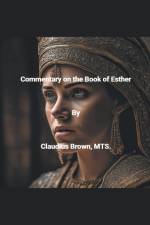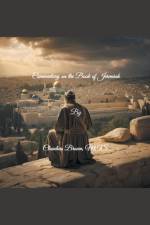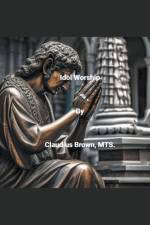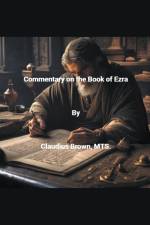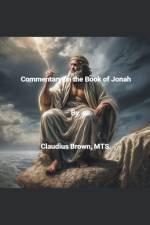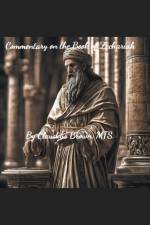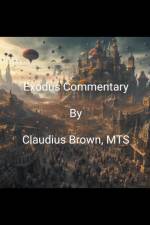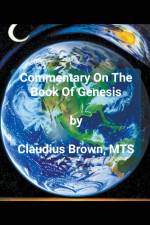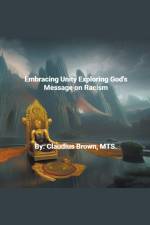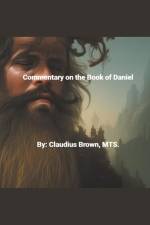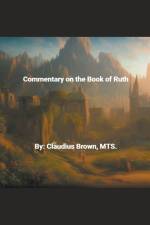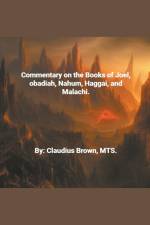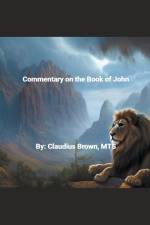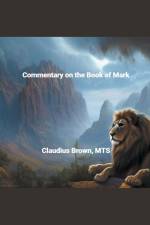von Claudius Brown
20,00 €
From my perspective, the concept of love is indeed crucial for individuals and society as a whole. Love encompasses a range of emotions, connections, and actions that promote empathy, compassion, and understanding among people. It plays a significant role in fostering healthy relationships, personal growth, and overall well-being.When love is neglected or undermined, various issues can arise. Without love, relationships can become strained, leading to conflicts, misunderstandings, and a lack of emotional support. In the absence of love, individuals may feel disconnected, lonely, and isolated, which can have detrimental effects on their mental and emotional health.Moreover, love extends beyond personal relationships. It encompasses care and concern for others, promoting kindness, generosity, and cooperation in communities. Neglecting love can lead to a breakdown of trust, increased social divisions, and a lack of empathy towards those who are different from us. This can result in conflicts, discrimination, and even violence.However, it's important to note that the world's troubles cannot be solely attributed to the neglect of love. There are various complex factors at play, including economic, political, and environmental issues that contribute to global challenges. While love is a powerful force, addressing these problems requires multifaceted approaches and systemic changes.Recognizing the significance of love and actively cultivating it in our lives and communities can contribute to creating a more harmonious and compassionate world. By promoting love and empathy, we can foster understanding, bridge divides, and work towards resolving conflicts. It starts with nurturing love within ourselves and extending it to others, promoting kindness, tolerance, and respect in our interactions.However, it's important to strike a balance. Love alone may not be sufficient to address all the world's challenges, and it should be complemented by critical thinking, evidence-based decision-making, and a holistic understanding of complex issues. Combining love with wisdom and action can lead to more effective solutions and positive change.Ultimately, while love is indeed vital, it is just one piece of the puzzle. To address the world's troubles comprehensively, we need a holistic approach that considers various aspects of human existence, including love, justice, knowledge, and collaboration. In 1 Corinthians 13:3, where Paul discusses the significance of love the verse says, "And though I bestow all my goods to feed the poor, and though I give my body to be burned, but have not love, it profits me nothing" (1 Corinthians 13:3, NKJV).In this verse, Paul emphasizes the primacy of love over external acts of self-sacrifice. He is conveying that even if someone were to perform incredible acts of generosity, such as giving away all their possessions or even sacrificing their own life, if they lack genuine love in their heart, those actions hold no true value.

